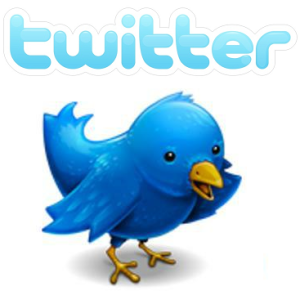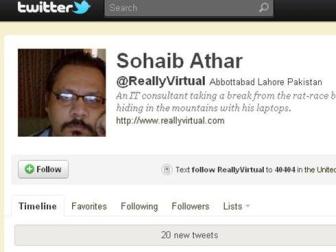While the 2012 presidential election is merely around the corner, the candidates’ campaigns are becoming even more harsh and direct, specifically between Barack Obama and Mitt Romney. Romney’s detractors often target him for his work done at Bain Capital, pointing to companies in which he invested both time and money that failed, causing the loss of several jobs. Recently on Twitter, however, Barack Obama released information about a particular investment of Romney’s, tweeting, “After Romney’s firm drove a 105-year-old steel mill into bankruptcy in less than 10 years, they walked away with at least $12 million.” President Obama continues to tweet about the wrongdoings of Romney’s firm in the following hours, asking his followers to join him in the fight against ‘Romney Economics’. Mitt Romney had a retaliation plan in mind and within the same day, releasing a campaign video entitled ‘American Dream’ that defended Romney’s actions at Bain. The video references a steel company of Indiana by the name of Steel Dynamics that was evidently saved by Romney’s actions. Several Steel Dynamics employees are featured in the video, each revealing how much of an impact Steel Dynamics’ economic growth has had on both their finances, their families and their community. It includes what we know very well as an emotional appeal, or pathos, that evokes feelings of pride and reverence for the viewers. At one point, the voice in the ad says, “SDI almost never got started. When others shied away, Mitt Romney’s private sector leadership team stepped in.” Although Romney’s return address was a bit more subtle than Obama’s original attack on ‘Romney Economics’, the essence of politics can still be clearly noted in this event.
(Click the picture to watch the video on YouTube)
I believe that this confrontational back-and-forth debate displays the true nature of campaigning. In class, we explored the different tiers of elections, discussing the Electoral College, electoral strategy, money and elections, voter participation, and campaign commercials; but this disagreement, only one of many, between the top candidates in the 2012 presidential election has pushed me to think further about the importance and power of words while campaigning.We were able to look into the incredible amount of influence that money has in elections, however I would like to propose something that gives money ‘a run for its money’. Perhaps words, expressly harsh attacking claims against candidates, hold a similar influence. It seems as if politics are evolving into an even deeper etched divide between the two political parties as well as opposing candidates. It’s partly due to the fact that it’s election season. As we are in the midst of a very important presidential election, the more important the election, the more publicity it receives. However, the media, fellow politicians and voting citizens can see through this harmless example of politics in which Obama grills Romney for his poor economic tactics, thus encouraging Romney to retaliate, that words can be extremely powerful, and like the prominence of the election, the more direct and harsh the words, the more attention they will receive. Candidates have been employing this tactic for many years, as evident in campaign videos such as Lyndon Johnson’s well-known Daisy Girl attack ad of 1964. Despite the popularity of this tactic, is pinpointing often insignificant things about a potential candidate’s past actions truly in the spirit of elections? Is this knowledge that candidates are leaking about each other eventually going to be beneficial for the general public to know, or are they merely trying to elevate themselves by putting down others?
In my opinion, the primary focus of a President while campaigning is to tell the public of his personal policies and how they will benefit American citizens. He should discuss what he will do for his country if he is to be elected rather than investing too much time and money into attacking his opponents. After all, we are not necessarily voting on the candidate that has made the least amount of mistakes or has the least controversial past, we are voting on the candidate that in our minds will be the best at leading our country into success. In the end, the candidates are merely trying to gain as many supporters and guaranteed votes as possible in order to secure the victory, and they often go to extremes in order to do so.













 Social media Websites also help to “reach out” to a younger voters who are familiar with these sites and use them often. Since younger voters often use social media sites just like politicians do the voters can become more informed about the views of different candidates in elections and will be able to more accurately vote on who they feel is the best. Not only do social media sites help to inform younger voters but they also can encourage them to go out and vote on election days, the reason for this is that if they are more informed on different candidates views they will be more likely to vote. Also people often tweet reminders about elections on twitter which can help voters remember which day elections are taking place on so that they can go out and vote.
Social media Websites also help to “reach out” to a younger voters who are familiar with these sites and use them often. Since younger voters often use social media sites just like politicians do the voters can become more informed about the views of different candidates in elections and will be able to more accurately vote on who they feel is the best. Not only do social media sites help to inform younger voters but they also can encourage them to go out and vote on election days, the reason for this is that if they are more informed on different candidates views they will be more likely to vote. Also people often tweet reminders about elections on twitter which can help voters remember which day elections are taking place on so that they can go out and vote.
